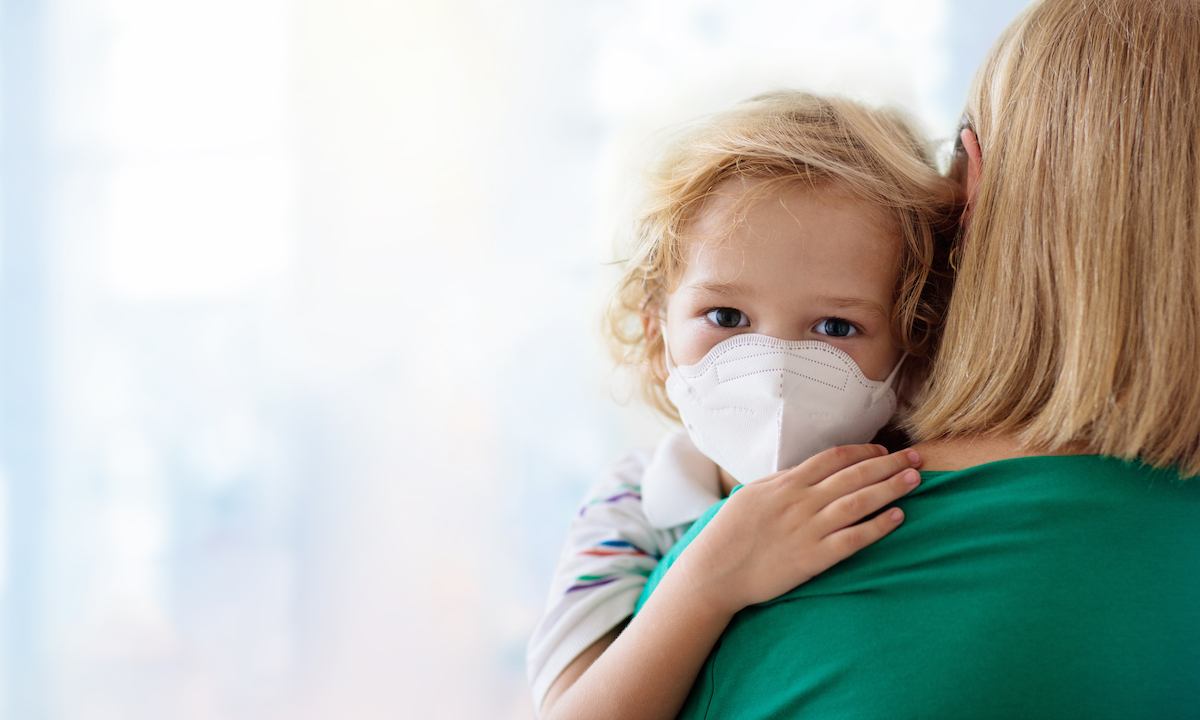<< Back
Delta Variant Spikes in State, Now Dominant COVID Strain in U.S.

July 07, 2021
The Delta variant is now the dominant COVID-19 strain in the United States and accounts for 80 percent of new coronavirus cases in four states, including Connecticut, leaving children too young to get vaccinated and adults who refuse vaccination dangerously vulnerable to serious illness.
Connecticut joins Kansas, Arkansas and Missouri as the states with the highest proportion of Delta cases, according to data provided by Scripps Research’s Outbreak.info, which receives support from the Centers for Disease Control and Prevention and the National Institute for Allergy and Infectious Diseases. Yet Connecticut stands apart from the other three as the fourth-most vaccinated state in the country (61.26 percent of the population), with only 175 new COVID-19 cases since July 2. The other three states have vaccination rates below 40 percent. (The national average is more than 47 percent.)
“We’re going to see more deaths, and more hospitalizations, if people are not vaccinated,” says Dr. Ulysses Wu, Hartford HealthCare’s System Director of Infection Disease and Chief Epidemiologist. “And we’re going to see it spread to more people.”
The unvaccinated must still wear masks indoors in Connecticut, Gov. Ned Lamont said earlier this week. Health officials consider the Delta variant 60 percent more transmissible than Alpha, the previous dominant U.S. strain. It’s spreading quickly: It advanced from 30.4 percent of new cases nationally for the two-week period ending June 19 to 51.7 percent of new cases between June 20 and July 3.
Recent studies have shown the Pfizer-BioNTech vaccine continues to prevent symptomatic disease, though it’s somewhat less effective against the Delta strain. This week, Israel’s MInistry of Health said the effectiveness against Delta dropped to 64 percent, from about 95 percent in May. Days earlier, Canadian researchers rated the vaccine 87 percent effective at preventing infection from the variant. Although it’s difficult for a single study to assess a vaccine’s effectiveness, the vaccine’s ability to prevent serious illness has wavered only slightly, dropping to 94 percent (from 97 percent) in the Israel study.
Some suggestions for parents of children under 12 years old, not yet eligible for a COVID-19 vaccination:
Unvaccinated Kids and Masks
Make sure your kids wear masks when indoors, whether at a local store, restaurant or daycare. Always wear a mask when around unvaccinated adults.
“The less spread there is the less variants may be produced,” says Dr. Wu.
Reconsider Summer Travel Plans
States with low vaccination rates are expected to experience regional hotspots. The COVID Risk & Vaccine Tracker, available from COVID Act Now — a nonprofit affiliated with Georgetown, Stanford and Harvard universities — is a good tool to check each state’s current risk level and vaccination rate.
For Children With Existing Medical Conditions
If your child has a heart, lung or autoimmune condition, check with your doctor if it’s OK to travel, go to summer camp or participate in group activities. For these children, masks and social distancing might not be enough.
Get Vaccinated!
Children 12 years old and up are eligible for a Pfizer-BioNTech vaccination. If your eligible child has not been vaccinated, click here to find a vaccine clinic near you. No appointment necessary. For more information on vaccine side effects and safety, click here.
“The most important way to protect kids is to get vaccinated to provide herd immunity,” says Dr. Wu.